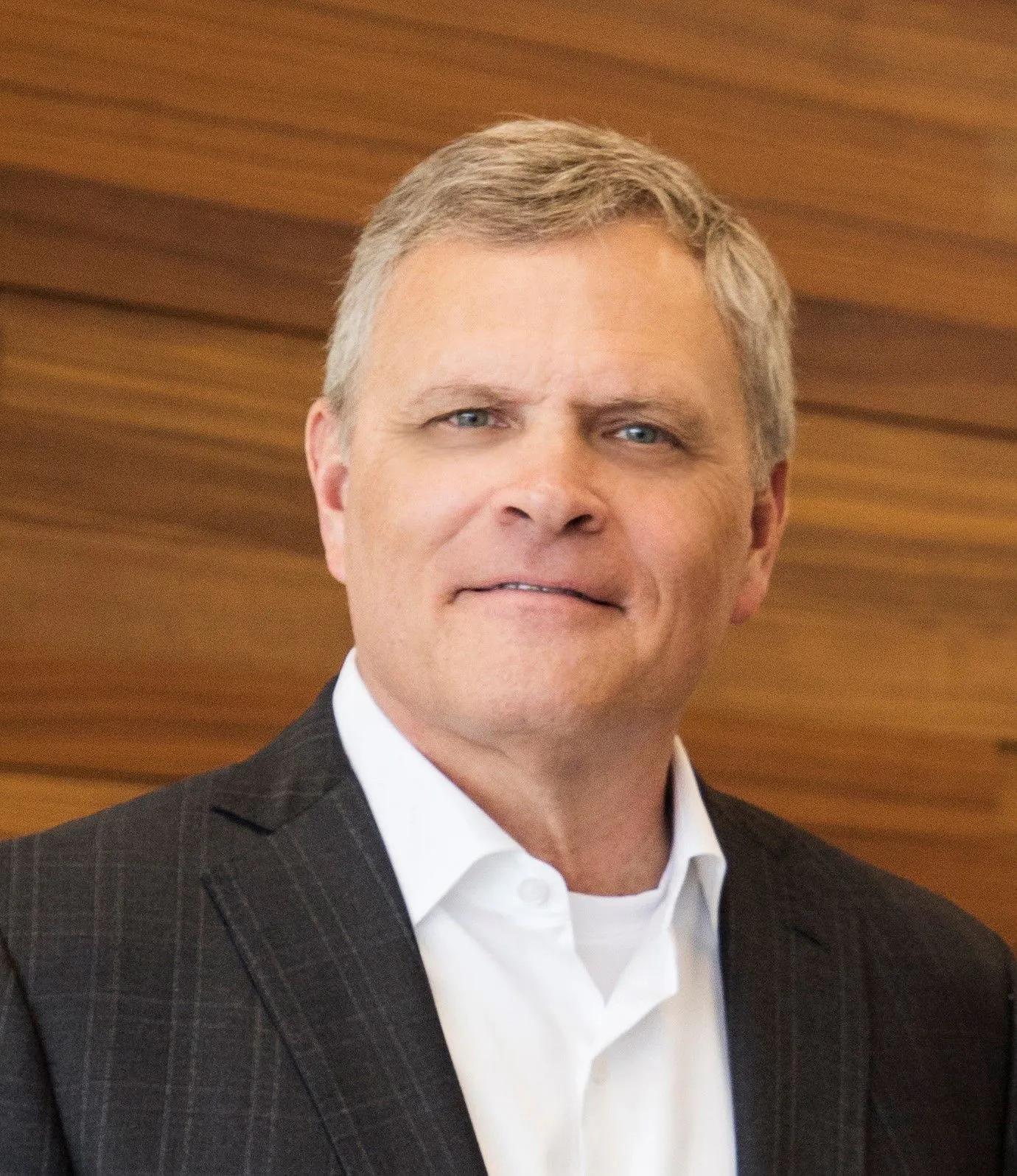Article
AHA challenged to work to end global inequalities in cardiovascular care
A leading expert on global inequalities in cardiovascular healthcare challenged the American Heart Association to take the lead in reducing the burden of cardiovascular disease worldwide.
A leading expert on global inequalities in cardiovascular healthcare challenged the AmericanHeart Association (AHA) to take the lead in reducing the burden of cardiovascular disease worldwide.
"Providing cardiovascular care to populations in developing countries is one of our primarychallenges," said Stephen MacMahon, DSc, PhD, professor of cardiovascular medicine at the Universityof Sydney, Australia.
"The American Heart Association, could play a critical role," he said during the annual Paul DudleyWhite International Lecture at the AHA Scientific Sessions, Nov. 3-7, 2007, inOrlando. "There is a real need for leadership and AHA could provide that leadership."
The growing burden of cardiovascular disease in middle and low income countries is largely unknown,"Dr MacMahon said. Between 2000 and 2020, the toll from cardiovascular disease in the developed worldis expected in grow from 5 million yearly deaths to 6 million. But in the developing world, thecardiovascular toll will jump from 10 million annual deaths to 19 million over the same period. Muchof the additional mortality will hit individuals younger than age 70.
"The epidemic of cardiovascular disease is being experienced largely by people in their mosteconomically productive years," he said. "That has a tremendous impact on the larger population."The rising incidence of cardiovascular disease in the developing world has the same root causes aselsewhere, Dr MacMahon said. Studies have shown that obesity, hypertension, diabetes, and other riskfactors play the same role in middle- and low-income countries as in wealthier countries.
Studies also show that reducing those risk factors has the same impact on reducing the overall burdenof cardiovascular diseases in poor populations as it does in wealthier populations.
What the developing world lacks is effective prevention and treatment programs. There is a dramaticshortage of skilled healthcare workers in less developed countries, Dr MacMahon said. The fewphysicians, nurses, and other healthcare professionals who are involved in patient care are seldomtrained in preventive care or incentivized to provide it.
In rural India, he noted, only one person in six with a history of MI is receiving aspirin.
"That is simply a failure of the healthcare delivery system to deliver," he said.Drug treatment is just as effective in the developing world as in other populations, but access isproblematic.
A 30-day supply of generic ACE inhibitors or hypertension and hyperglycemia medications cost aboutone day's wages in developing countries, Dr MacMahon explained. The cost is affordable, but genericformulations are seldom available. Public and private providers usually offer brand name productsthat cost five to 50 days income for a 30-day supply.
"The current distribution and marketing system in many parts of the world is a significant barrier toprevention and treatment," Dr MacMahon said.
They key to reducing inequalities in care is to make cardiovascular disease a priority, he continued.The World Health Organization only recently recognized that CVD equals HIV/AIDS in morbidity andmortality in the developing world. The World Bank has no financial commitment to CVD. Nor do thegovernments of most developing countries. Pharmaceutical companies devote few resources to primaryprevention or treatment in developing countries that is not related to a specific product.That leaves the American Heart Association to take the lead, Dr MacMahon said.
"AHA is the one organization that has major influence with all of the stakeholders," he said. "Iwould urge you to consider the global problem as part of your brief."





